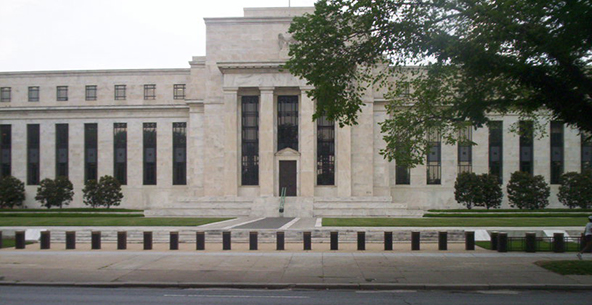Federal Reserve to Expand Credit Card Protections

The Federal Reserve proposed a rule on Tuesday that would amend the CARD Act and further restrict the ability of credit card issuers to raise interest rates and place new limits on certain fees. The Fed’s announcement says that this amendment is needed to “to enhance protections for consumers and to resolve areas of uncertainty so that card issuers fully understand their compliance obligations.”
The Credit Card Accountability Responsibility and Disclosure (CARD) Act of 2009 was enacted in May 2009 and its final provisions went into effect in August 2010. The currently enacted CARD Act’s rules on interest rates:
- Ban retroactive rate increases. The Act bans rate increases on existing balances due to “any time, any reason” or “universal default” and severely restricts retroactive rate increases due to late payment.
- Provide first year protection. Contract terms must be clearly spelled out and stable for the entirety of the first year. Firms can continue to offer promotional rates with new accounts or during the life of an account, but these rates must be clearly disclosed and last at least six months.
- Enforce fair interest calculation. Credit card companies are required to apply excess payments to the highest interest balance first, as consumers expect them to do.?áThe act also ends the confusing and unfair practice by which issuers use the balance in a previous month to calculate interest charges on the current month, so called “double-cycle” billing.
However, issuers managed to find loopholes in the Act’s provisions. Citigroup, for example, raised the interest rates of some of its customers up to as much as 29.9 percent, before the CARD Act’s provisions were enacted, and then offered to refund up to 70 percent of the finance charges if they paid on time.
The new Fed rule would ban this practice. The Fed:
Promotional programs that waive interest charges for a specified period of time are subject to the same protections as promotional programs that apply a reduced rate for a specified period. For example, a card issuer that offers to waive interest charges for six months would be prohibited from revoking the waiver and charging interest during the six-month period unless the account becomes more than 60 days delinquent.
Another bank has found a way to circumvent the CARD Act’s rule on fee limitations. First Premier was reported to charge new cardholders a $95 “processing fee,” before the card is ever used.
This practice would also be prohibited if the new Federal Reserve rule is enacted as proposed. Again from the Fed’s announcement:
Application and similar fees that a consumer is required to pay before a credit card account is opened are covered by the same limitations as fees charged during the first year after the account is opened. Because the total amount of these fees cannot exceed 25 percent of the account’s initial credit limit, a card issuer that, for example, charges a $75 fee to apply for a credit card with a $400 credit limit generally would not be permitted to charge more than $25 in additional fees during the first year after account opening.
It was not all that surprising that issuers were able to find novel ways to increase interest rates and charge new fees, while remaining compliant with the requirements of the CARD Act. The Fed’s proposal promises to curb the more egregious among them.
Image credit: Wikimedia Commons.


